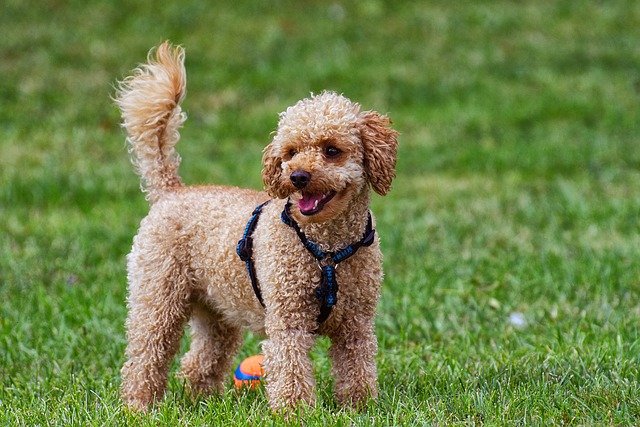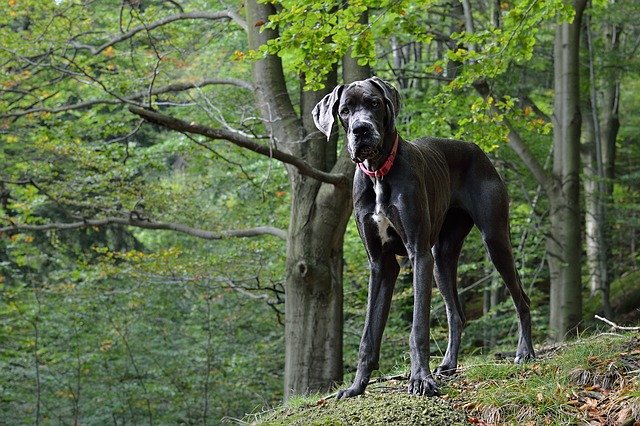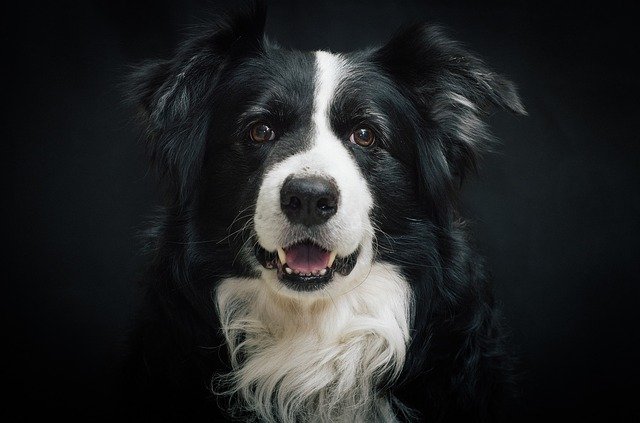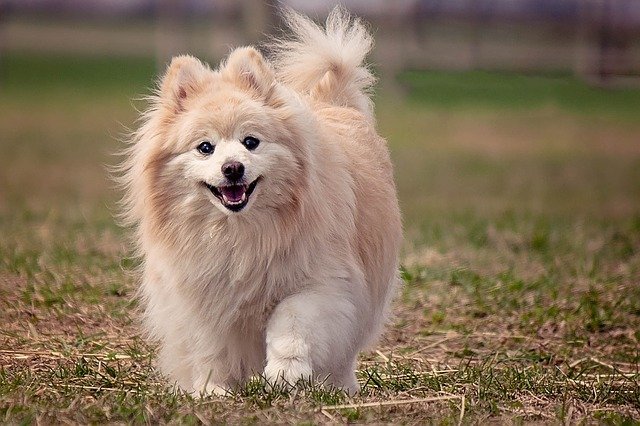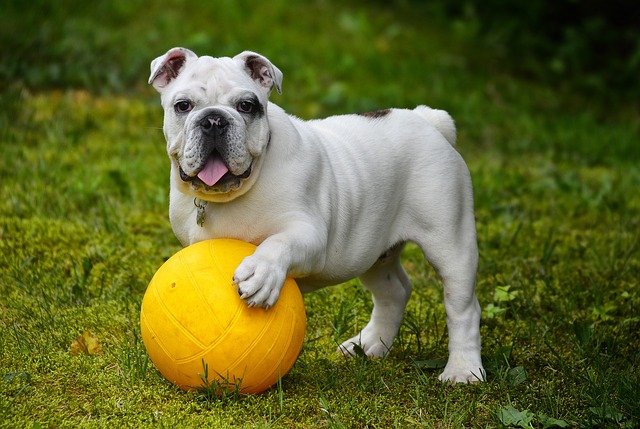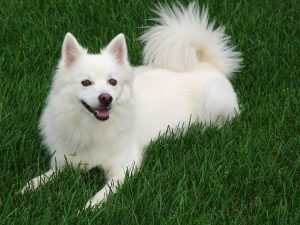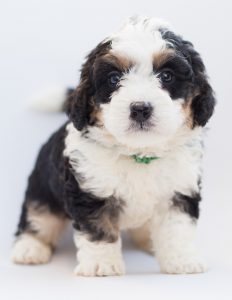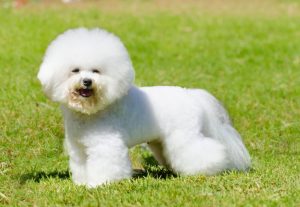There is more to dogs than being just a man’s best friend. All dogs are good for comfort. But there are some best emotional support dogs that make excellent therapy dogs.
Even studies show that dogs can help us fight depression. According to studies, the levels of oxytocin and cortisol in dogs and owners are closely associated.
In other words, when your emotional support dog feels good around you, he makes you feel better.
The mental benefits of having pets far outweigh personal sacrifices you might have to make. And while all dogs have the unique ability to reduce stress and anxiety, some are just better at it.
The following list of best emotional support dogs is highly recommended for people fighting with depression, anxiety, or similar mental illness.
These breeds will help owners get the life they deserve. Most of these great emotional support animals are among the most popular by the American Kennel Club.
Pugs
You might not think of pugs as a great emotional support dog. After all, what pugs do through the day is lie around and sleep. But they are very easy to bond with.
While pugs might look super grumpy, they are one of the most positive dogs in the world. There is a reason why pugs are known as clown dogs in the canine world.
With a funny personality and positive temperament, pugs have a lot of energy they are willing to spend to make you happy and smile. Plus, it is their natural desire to keep the owner happy. What more can you ask for from an emotional support animal?
Cavalier King Charles Spaniel
This dog breed has a long tradition of being emotional support. Noble people in Scotland loved King Charles Spaniel back in the 1500s.
They got their name after a royal, as King Charles II loved them to the point he wanted to give them his name.
King Charles Cavalier Spaniels have an obvious cuteness level. But hey also help owners fight depression by cuddling.
You will be hard-pressed to find a therapy dog that loves to cuddle more than King Charles. These fluffy little love machines have even earned the nickname “The Love Sponge”.
And if you want a cherry on the icing, these Spaniels are extremely easy to train. They are great with kids, making them a perfect family dog.
The only downside is that they are susceptible to heart problems, and require a lot of grooming. But if you can spend some time to take care of them, these Spaniels will return the love unconditionally and indefinitely.
Yorkshire terrier
The Yorkshire terrier was originally bred to chase rats and other rodents on farms. And he was fine with that. But his specific loving and affectionate nature has made him a perfect toy and lap dog.
Yorkies are very small and weigh no more than 5 or 6 pounds. You can carry them anywhere you go. Because of their affectionate nature, Yorkshire terriers form a really strong bond with owners.
A loyal and easy to train pet, the only downside is that the Yorkie can bark at times. After all, he is a terrier, and they are known to have their own strong will and character.
Labrador retriever
Labrador retrievers are actually trained to be therapy dogs in hospitals. Many hospitals use Labradors as service dogs nowadays. It is easy to see why are they on the list of great emotional support animals.
They are a bigger breed, but they are just so damn sweet. One downside, Labs chew on anything they find, so try not to leave things unattended.
It is in their nature to please. Labs are super trainable, and they love being outside.
So, if you suffer from depression, a Lab is one thing that might just get you out of the house. They love to play almost any game, from fetch to anything else.
Labradors require frequent walks, which are a great motivator for anyone who doesn’t want to spend much time outside due to depression. The mental health benefits of exercising in nature, even walking, are just too good to pass.
Golden Retriever
Closely related to the Labrador, the Golden Retriever is another dog that is known as a therapy dog. Golden retrievers can be trained to sense epilepsy and anxiety attacks, and calm the patient before the attacks.
We’ve all seen a movie with a Golden Retriever in our lifetime probably. Starting from the 1990s, the Golden Retriever has been one of the most popular family dogs in America. Their devotion, capacity for love, and eagerness to please is something few breeds can boast.
Most importantly, a Golden retriever is well-behaved, and is friendly with other dogs, people, family members, and just about anybody. And you can cuddle with him and “torture” your dog as much as you like.
Poodle
Not only they are highly social, but poodles are also one of the most intelligent dog breeds. Only the border collie has a higher IQ than a Poodle. And the best part is, poodles come in three different sizes.
Choose the one that fits your lifestyle the most, you will get the anti-depression benefits in either case.
When it comes to a Poodle, you can choose three sizes for your therapy animal. As a dog owner, you can choose between Standard Poodle, Toy Poodle, or Miniature Poodle.
Their positivity is hard to ignore. Poodles love to perform, please the owner, and learn new tricks. Poodles easily adapt to the world around them, and live longer than other dogs.
Thanks to their high intelligence, they can easily be trained to be service dogs.
Great Dane
The Great Dane might be imposing and intimidating on first glance. His enormous size definitely makes him scary. But this breed is not only tall, but he is also all heart.
The Great Dane can be described as eager to please and people-oriented pooch.
Kind and sweet, you should not worry for a second even if you leave him with children. He will carefully play with them, and protect them from any harm.
You might be intimidated on first glance, but give it a try, and this giant love for humans will soon win you over. Extremely affectionate, they rarely bark, and their positivity rubs off on the owner.
German Shepherd
The German Shepherd is a breed of dog that originated in Germany. They were originally bred as herding dogs, but have since become widely recognized for their intelligence, strength, and loyalty, and are commonly used as working dogs in law enforcement, military, search and rescue, and therapy.
German Shepherds are highly intelligent and trainable dogs that excel at a variety of tasks. They are known for their loyalty and protective instincts, and make excellent guard dogs and family companions. However, they do require consistent socialization and training from an early age to prevent behavioral issues.
Combine their high intelligence, working ability, and trainability, and you have an amazing assistance animal.
Dachshund
Known for their affectionate and lively personality, a dachshund is a dog that connects with his owner, and rarely with other dogs. They are more about pleasing their owner, not playing with other dogs.
An ideal companion for people suffering from anxiety and depression, they are also trained to work with people with autism and epilepsy.
Originally a hunting dog, they are now one of the clowns of the canine world.
Welsh Corgi
There is a reason why the Queen of Britain loves corgies. Known as royal and noble dogs for centuries, the Welsh Corgi was originally bred as a cattle herding dog breed.
They are great for emotional support, and make excellent service dogs. Highly attached to their owner, the Corgi loves learning new tricks. They are also protective to their family.
One downside, a Welsh Corgi has a mind of their own, as with most herding breeds. But they are not pushovers to raise and train.
Collies
Another herding dog breed that can serve as a therapy dog, collies come in different subtypes.
The most known is the Rough Collie, popularized in the movie Lassie. And then there is the Border collie, highly regarded as the most intelligent dog breed ever.
Collies do possess a strong work ethic and gentle temperament, making them attentive personal assistants.
There is nothing a collie cannot learn to do for you. If you are looking for some of the best emotional support dogs, a collie is right there on the shortlist.
Pomeranian
The Pomeranian is living some of his best days in terms of popularity. Thanks to Boo (the most beautiful dog that passed recently), and some celebrities with toy dog breeds, the Pomeranian is rising up the charts of popularity.
Great for home-bound patients, as the Pomeranian requires little to no exercise.
English bulldog
The best part about the English Bulldog? He doesn’t need a lot of exercise. That means a lot more time for couch cuddles, making this breed an ideal for anxiety patients that love to sit around and enjoy.
Their sweet nature makes them ideal and devoted family pet. The English Bulldog is great with children, and always wants to be near the family. Simply put, he wants to be involved in everything with his family.
How to choose the best emotional support dogs?
We’ve given you the breeds that make the best therapy dogs, but which one to choose?
It is always important to remember what your needs are. And what your conditions are. If you are living in a smaller apartment, you would probably want to avoid the Great Dane.
You also have to be aware of your capability to cater to your dog’s needs as well.
If you are having a hard time moving around, you need to avoid a dog that is too active or playful. And if you are suffering from allergies, you want a hypoallergenic dog breed, like the Yorkshire terrier or Poodle.







